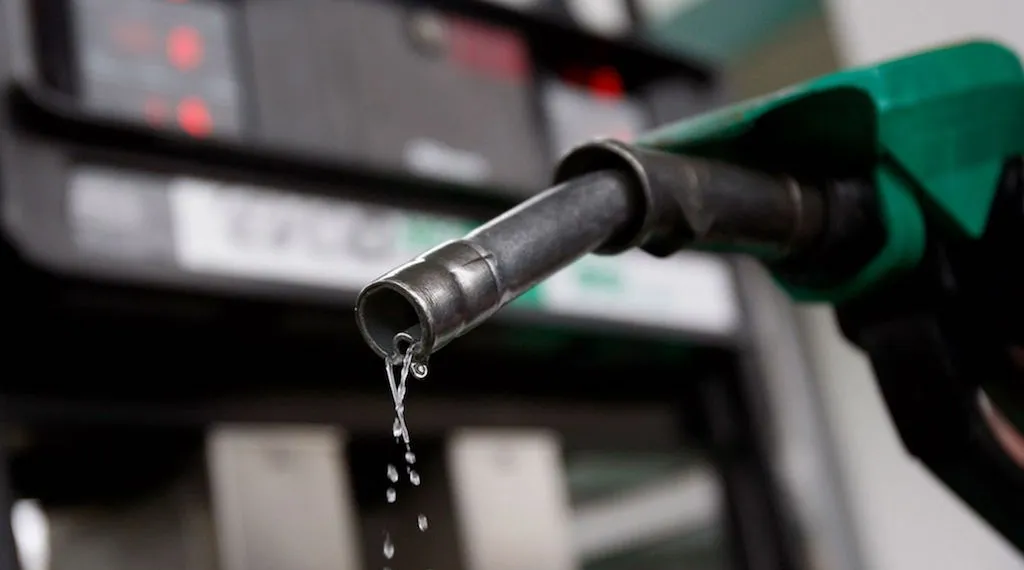Filling stations operated by the Nigerian National Petroleum Corporation Limited (NNPCL) have significantly increased the pump price of petrol, with prices in Abuja rising from N897 to N1,030 per litre.
In Lagos, fuel now sells for N998 per litre, up from N885, as motorists endure long queues across the country.
At an NNPC station in Gudu, Abuja, attendants confirmed that the price adjustment was in progress.
When asked if the station was out of stock, one attendant clarified that they were waiting for the pump meters to be recalibrated to reflect the new price of N1,030 per litre.
This price hike comes just 24 hours after reports surfaced predicting an increase due to NNPCL’s recent decision to exit its role as a middleman in the Dangote Refinery purchase agreement.
Previously, NNPCL absorbed a subsidy of N133 per litre, bridging the gap between the refinery’s production price and the market selling price.
READ ALSO: NNPCL and the naked dance over pricing of Dangote petrol?
However, with NNPCL stepping away, fuel prices will now reflect a fully deregulated market, where marketers negotiate directly with the Dangote Refinery under a “willing buyer, willing seller” model.
This shift marks a major turning point in Nigeria’s oil industry, as the national oil company reduces its involvement in pricing controls.
The NNPCL stated that it could no longer sustain the financial burden of covering the price gap, signaling a clear move toward market-driven petrol prices.
In September, Dangote Industries confirmed that its 650,000 barrels-per-day refinery had begun processing petrol, with NNPCL initially serving as the sole buyer.
However, recent changes allow independent marketers to engage directly with the refinery, further pushing Nigeria toward a deregulated oil market.
This development is expected to have broad implications for fuel pricing across the country, potentially leading to more fluctuations in prices as market dynamics take full effect.
While the government’s withdrawal from price controls may foster competition among marketers, it also raises concerns over the affordability of fuel for everyday consumers.

 Football7 days ago
Football7 days ago
 News6 days ago
News6 days ago
 Comments and Issues1 week ago
Comments and Issues1 week ago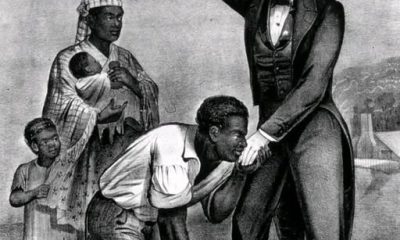
 Comments and Issues1 week ago
Comments and Issues1 week ago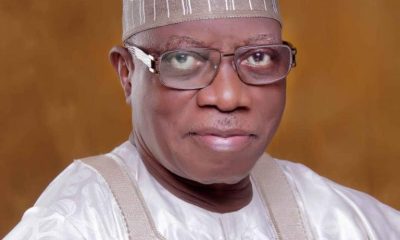
 Comments and Issues1 week ago
Comments and Issues1 week ago
 Latest1 week ago
Latest1 week ago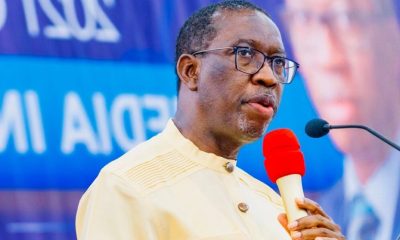
 Comments and Issues1 week ago
Comments and Issues1 week ago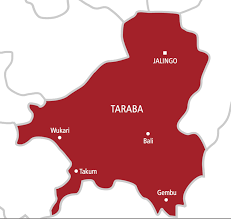
 Comments and Issues1 week ago
Comments and Issues1 week ago
